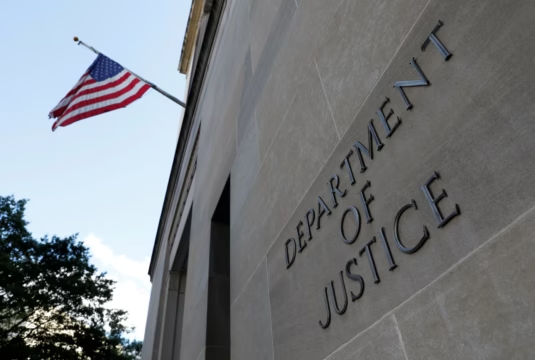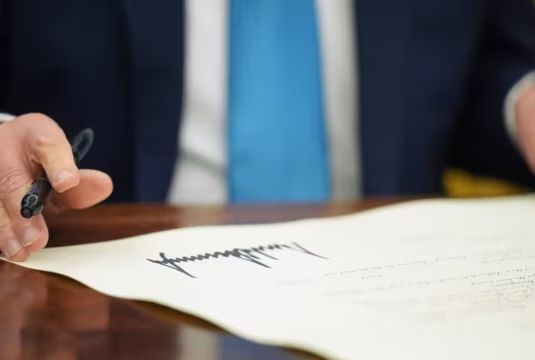New Senate Bill Would Restore Anti-Corruption Law After U.S. Supreme Court Decision
A statement from Transparency International U.S.
September 25, 2024
Today Senators Merkley, Warren, and Whitehouse introduced legislation to address a recent U.S. Supreme Court decision that eliminated the ability of federal prosecutors to bring corruption charges against state and local officials who accept illegal “gratuities”—payments made to the official as a reward or token of appreciation. The bill, titled the Stop Corrupt Gratuities Act, would close this new loophole that allows for undue influence and the perception, or reality, of corruption.
On June 26th, the U.S. Supreme Court issued a decision in Snyder v. United States that reversed the conviction of James Snyder, a former mayor of Portage, Indiana, who received a check for $13,000 from a state contractor after awarding that contractor a $1.1 million contract to provide trucks to the city. In its decision, the Court ruled that Congress did not clearly cover such gratuities in the anticorruption law. The decision, while not impacting the ability of state- or local-level prosecutors to bring cases involving gratuities, would prevent federal prosecutors from bringing such cases if left unaddressed.
Scott Greytak, Director of Advocacy for Transparency International U.S., issued the following statement on the Act:
This bill would restore an important bipartisan anticorruption law that prevents public officials from accepting “bribes after the fact,” commonly known as illegal gratuities. The U.S. Supreme Court held this past June that Congress did not speak clearly when criminalizing such gratuities, so this legislation would make crystal clear that Congress, and the American people, will not allow state and local officials to illegally accept money or gifts after they award a public contract, cast a vote, or perform any other official action.
Let’s not forget why Republicans and Democrats passed these laws some forty years ago. Paying a bribe or a “gratuity” is not a victimless crime. These payments are often used to unfairly and uncompetitively receive taxpayer money or to get around labor, environmental, and public health laws that keep our communities safe. They jeopardize public infrastructure projects, disaster relief responses, and economic development projects aimed at building wider financial security and stability.
The Court left the door open for Congress to clarify that this 40-year-old bipartisan anticorruption law covers both bribes and illegal gratuities. Congress should approve this simple and straightforward clarification as soon as possible.
###
TI US is part of the world’s largest coalition against corruption. In collaboration with national chapters in more than 100 countries, through research, policy development, and advocacy, we are leading the fight to turn our vision of a world free from corruption into reality.
Related Resources
- Read the Stop Corrupt Gratuities Act;
- Read the Snyder v. United States decision;
- Read the United States country page in the 2023 Corruption Perceptions Index.
Media Contact
Scott Greytak, Director of Advocacy, Transparency International U.S.
Phone: 202-642-1515
Email: sgreytak@transparency.org
Twitter: @TransparencyUSA






